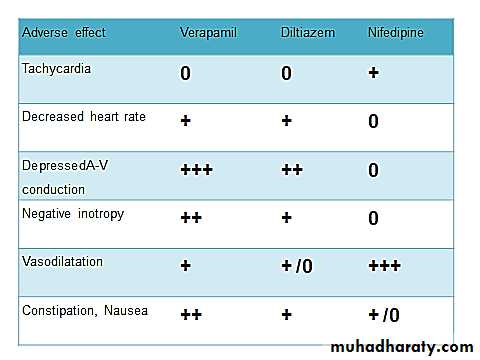Angiotensin Inhibitors For Angina

Angiotensins are a group of protein-like proteins that are found in the lining of the blood vessels. They act as a coenzyme in the body's response to various stimuli such as infection, inflammation, hypertension, and cardiovascular disease.
Angiotensins are mainly made up of several protein molecules called angiotenzymes. These proteins are bound together with another protein called the coenzyme Q. This coenzyme Q is present in the human body's tissues and is necessary for its normal functioning.
Angiotenzins are present in the blood vessels, skin and muscle tissue and even the stomach's mucous membrane. When an injury occurs, they produce a chemical called prostaglandin E (PGE), which is a vasodilator. PGE triggers the release of additional chemicals, namely nitric oxide and histamine, into the blood, causing an increase in the flow of blood to and from the injured area. PGE is part of the rennin-angiotensin pathway, which controls the production of an enzyme called renin.
Renin is a naturally occurring enzyme that keeps the blood vessels in the gastrointestinal tract and in the small intestine moist by stimulating the release of fluids from the vessels. The renin in the blood helps in the absorption of nutrients and other substances in the bloodstream.
Angiotensins also help in the regulation of glucose and fluid levels. They also produce and secrete the hormone angiotensive hormones like niacin and citrinin. These hormones can be found in the blood and tissues of the digestive system and in the kidney, spleen and stomach.
When these angiotensin increase the flow of blood, they can cause the body to work harder to maintain the same level of activity. Thus, the body is under an elevated stress level because it needs more energy to do the tasks.
Angiotensins can also cause high blood pressure in the body. In fact, the production of angiotENS in the bloodstream is one of the main causes of hypertension. Some examples of ความดันโลหิตสูง or hypertension include coronary artery disease, cardiac arrhythmia, left ventricular dysfunction, heart failure and hypercholesterolemia.
It is not possible to determine whether a person will develop angiotensin or not
This is because the condition can develop at any age. However, if the angiotENS in the blood increases, there is an increased risk of developing angiotENS in the arteries. When angiotENS have already been found in the blood, it is known to be a risk factor for angina. As a result, patients who are at greater risks of experiencing angina and who have angina symptoms should immediately consult their physician for a proper diagnosis.
Patients should always be evaluated for angiotensin if the doctor suspects that they have hypertension. If the doctor confirms that the patients have high levels of renin, then the diagnosis is made in order to treat the disease and prevent the development of angina.
If you have been diagnosed with angina, you can start your medical procedure as soon as possible. Your physician may recommend a treatment of angiotensin inhibitors such as ACE inhibitors or Niacin.
Angiotensin inhibitors are usually taken as tablets or in capsule form. These types of medications are available in the market and can be easily bought from pharmacies and online.
Some patients experience side effects after taking angiotensin inhibitors. Some of these side effects include abdominal pain, bloating, diarrhea, nausea, vomiting, vomiting, abdominal cramps, constipation, abdominal cramps and abdominal distension. Most of the side effects disappear within one to two weeks of starting the treatment.
In some instances, you may find that you may need to take more than one type of medication in order to lower the levels of angiotensin in the blood. You should follow your doctor's instruction and consult him or her if you notice any unusual changes in your blood pressure. In addition to lowering the levels of renin, your doctor may also recommend other treatments to reduce the risk of angina. The patient should ask their doctor about the side effects of these medications and also the possibility of using oral antihypertensive drugs.


